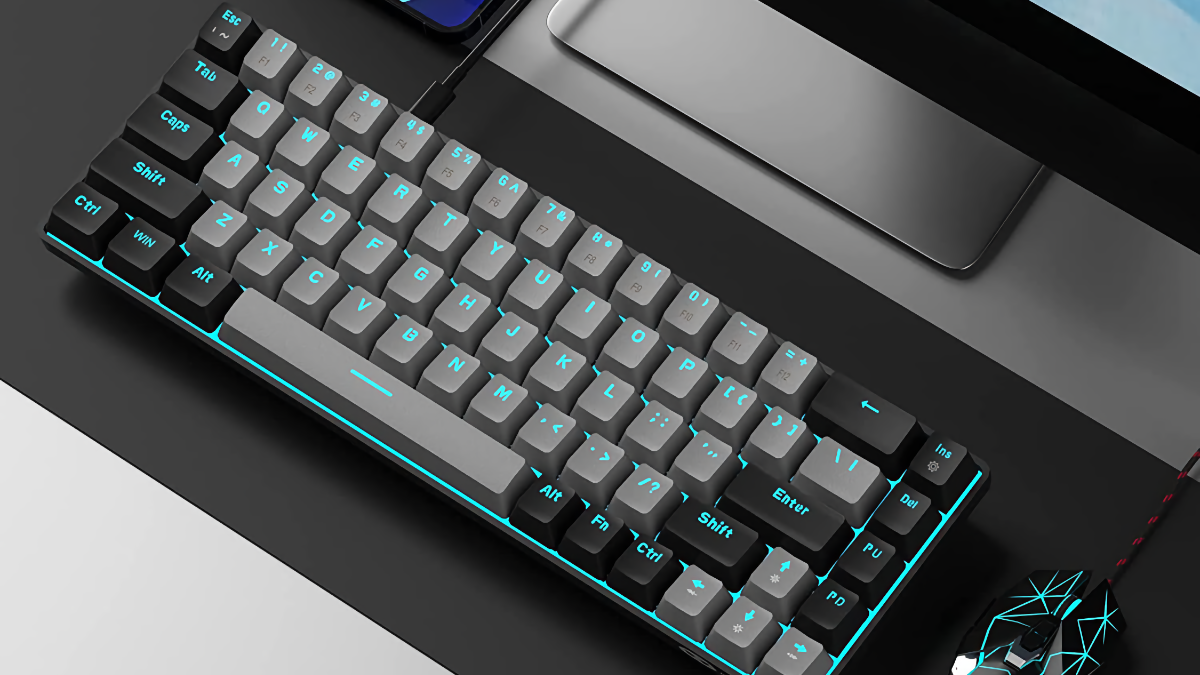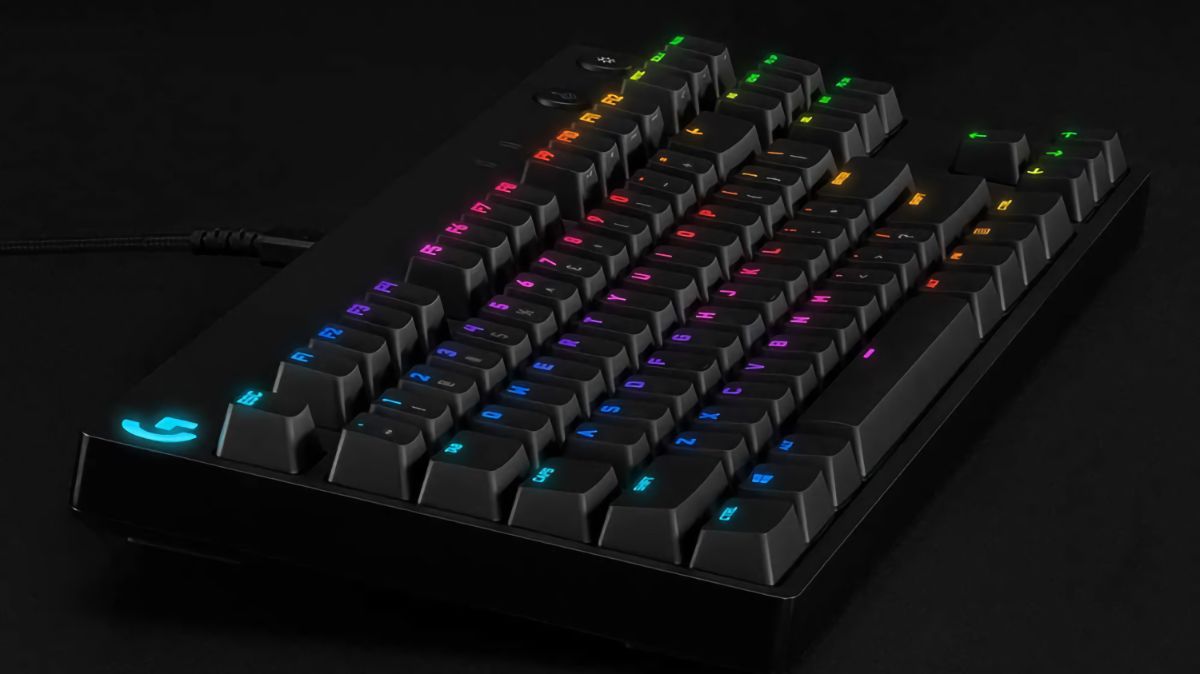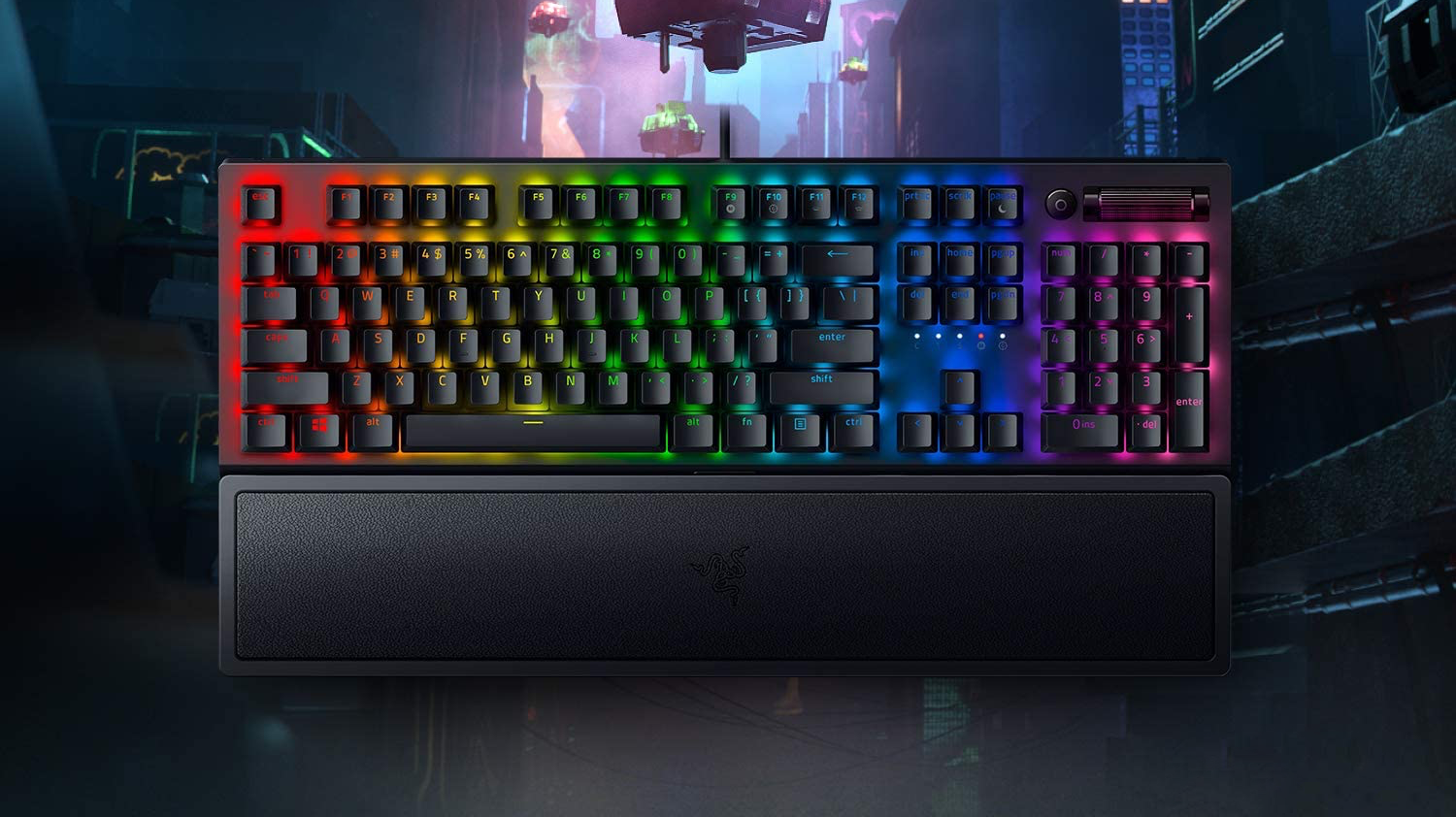Quick Links
So you've finally decided to get one of those mechanical keyboards everyone's talking about. However, you might be overwhelmed by the choice of keyboards currently out there. And it can be very easy to get your purchase wrong. So how do you choose one?
We'll look at some of the most important factors you need to take into account when it's time to buy a mechanical keyboard, so you can get typing just the way you'd like to.
Pick the Right Switches
Perhaps the most important part of your purchase is the switches you type on. Switches are basically the mechanisms under each keycap that help register every single press and keystroke you type. There are many different kinds of keyboard switches, all of them with different feels and sounds, so you need to do your homework and research which one is better for you.
To simplify it, though, there are three different kinds of switches: linear, tactile, and clicky. Linear switches are quiet and have smooth travel, while tactile switches provide tactile feedback when registering a keystroke, and are also quiet. Finally, clicky switches also have tactile feedback, but they have a signature click sound when you press them, which some people --- including myself --- find to be pretty satisfying. They're more easily identified by colors. Clicky switches are usually blue, tactile switches are normally brown, and linear switches are normally red.
Your choice of switch might vary depending on what you normally do on your keyboard. If you're a gamer, you might benefit more from a linear switch, as you need quick keystrokes, while if you type a lot, you might find the tactile/auditive feedback from tactile/clicky switches better for you.
Check the Polling Rate
A keyboard's polling rate is very rarely advertised, but it can be an important spec, especially if you're a professional gamer and you need your keyboard to register your keystrokes as quickly as possible. Basically, since your keyboard is connected via USB, your computer is actively checking---or "polling"---your keyboard to see if it has registered a keystroke or not. A higher polling rate just means your computer is checking for keystrokes faster and more constantly than other keyboards.
Most keyboards have a polling rate of 125Hz, meaning that a computer will check for keystrokes 125 times every second. However, the best competitive options can have a polling rate of up to 1,000Hz, meaning it'll check 1,000 times every second for keystrokes. This is a pretty similar concept to the refresh rate of a screen, and effectively, the higher the polling rate, the faster your keyboard will be.
Choose Your Layout
Your keyboard's layout is important, and that will vary entirely on your personal needs and preferences. Keyboards come with different layouts and, as you might imagine, different keys.
A full-size keyboard will come with a full set of keys, including a numpad to the right, function keys, and many more. And from there, different keyboard layouts remove different keys. A tenkeyless keyboard has a full set of keys without the number pad, while a 60% keyboard removes a number of non-essential keys as well, including function keys.
This is not an option that affects the quality of your keyboard, so you need to debate whether you need a full-size keyboard or if you can make do with some keys being gone.
Don't Buy Cheap Gaming Keyboards
Finally, you might want to stay away from gaming keyboards unless they're the higher-end options. It's possible to buy a cheap mechanical keyboard, but if you're on a budget, you might not want to get one from gaming brands like Corsair or ASUS ROG.
Why, you might ask? It's because these keyboards can look and feel quite flashy, but ultimately, they often cut corners on the wrong places in order to keep the price down. A cheap gaming keyboard might be made with cheap materials and plastics, or they might be otherwise flimsy. There are gaming keyboards out there that have pretty decent quality, and some of the best mechanical keyboards out there are, indeed, gaming keyboards. But if you're on a budget, those RGB lights should probably be the first thing to go.



